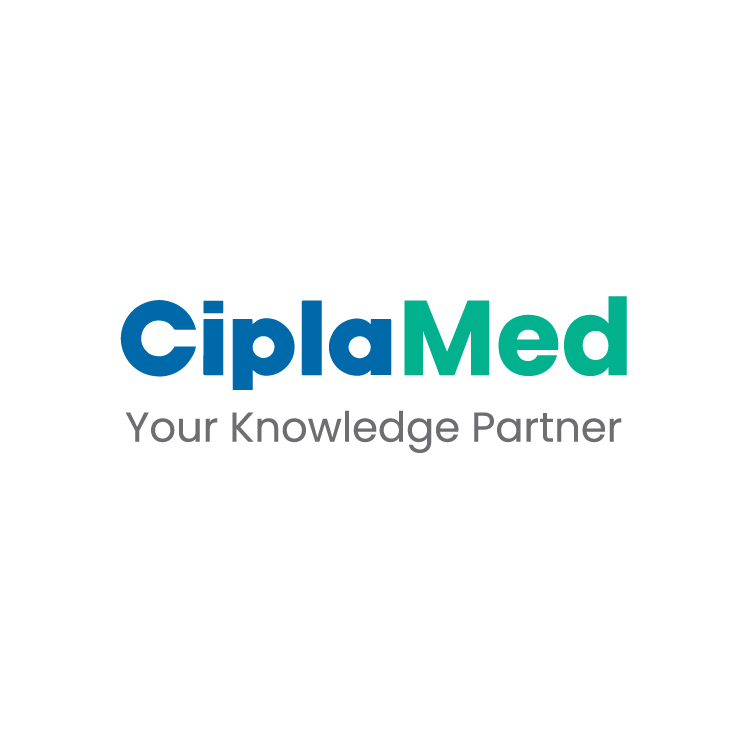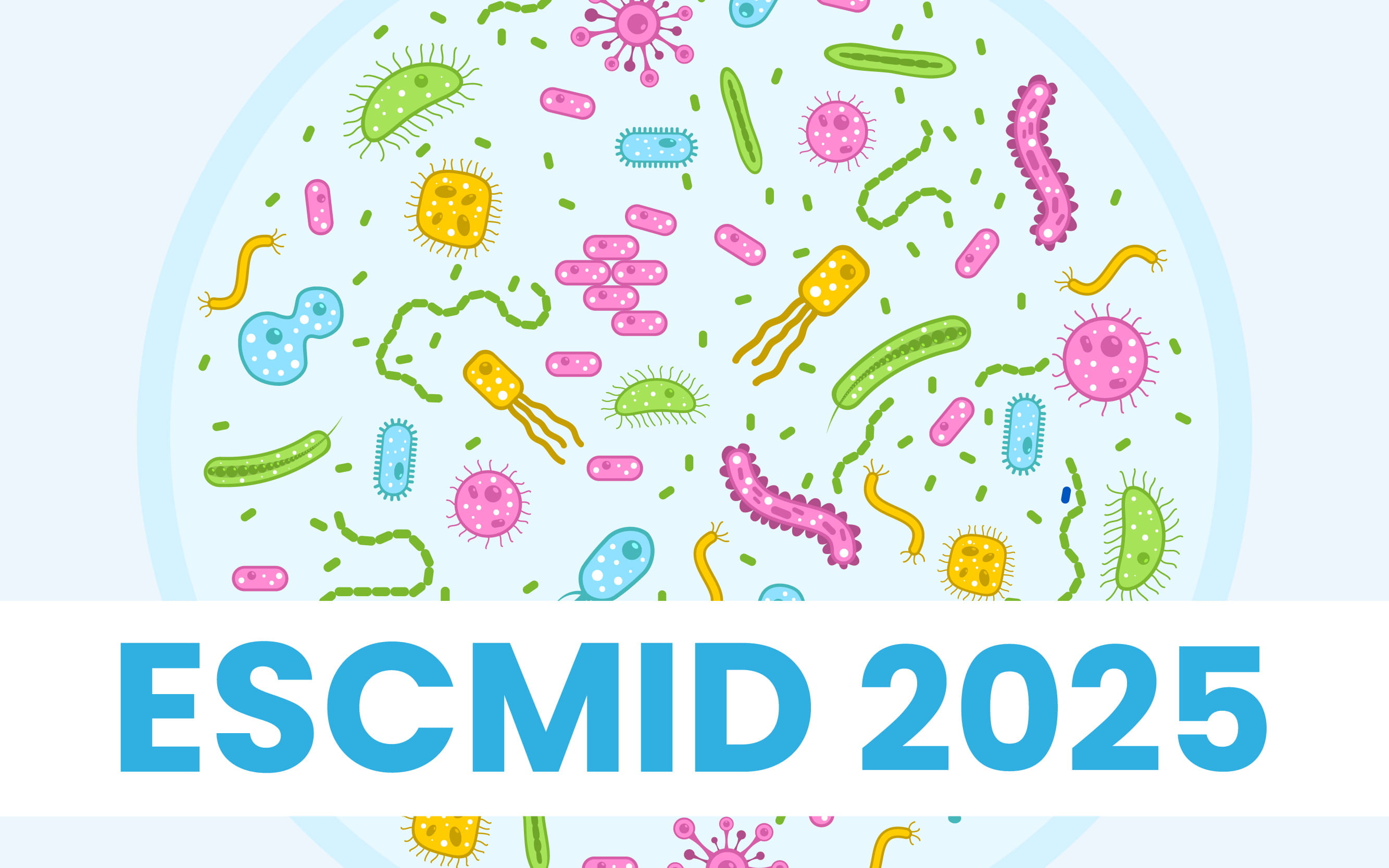SCCM 2025: Association of Fluid Volume with UNGAL as a Biomarker of Kidney Injury in Pediatric Septic Shock
Introduction
Fluid overload worsens sepsis outcomes, but its long-term impact on kidney injury remains unclear. Since uNGAL is a more sensitive marker of kidney tubular injury than serum creatinine, this study hypothesized that higher fluid resuscitation volumes would be linked to persistently elevated uNGAL in children with septic shock.
Methods
This prospective cohort study included children aged >2 months to <18 years treated for septic shock across three U.S. centres (Aug 2020–Apr 2024), excluding those with chronic kidney disease. Blood and urine samples were collected at enrolment (T1), days 2-3 (T2), and day 27/discharge/death (T3).
- Fluid resuscitation was categorized as: ≤40, 40-100, or >100 mL/kg within the first 24 hours.
- Primary outcomes: Persistent uNGAL elevation (≥150 ng/mL at T1 & T2/T3) and persistently high serum creatinine at T3.
- Analysis: Inverse probability treatment weighting (IPTW) logistic regression was used to compare outcomes while adjusting for covariates.
Results
Among 478 patients, 12% received ≤40 mL/kg, 46% received 40-100 mL/kg, and 42% received >100 mL/kg. At presentation:
- 19%, 5%, and 7% met KDIGO stage 1, 2, and 3 acute kidney injury (AKI) criteria.
- Both uNGAL and serum creatinine were elevated in KDIGO stage 2/3 patients at T1 and T2, but by T3, only creatinine remained elevated.
- After IPTW adjustment, 14% of patients receiving >100 mL/kg had persistently elevated uNGAL, compared to 6% in the 40-100 mL/kg group (OR 2.7, 95% CI 1.1-6.2).
- Persistently elevated creatinine was not significantly different between groups.
- The ≤40 mL/kg group was excluded due to insufficient sample size for IPTW balance.
Conclusion
High-volume fluid resuscitation (>100 mL/kg) in children with septic shock more than doubled the risk of persistently elevated uNGAL, indicating ongoing kidney tubular injury. This injury was not detected by creatinine, suggesting uNGAL is a more sensitive marker for assessing kidney damage in fluid-overloaded septic patients.
Critical Care Congress 2025, 23rd February - 25th February, 2025, Orlando, FL, USA



